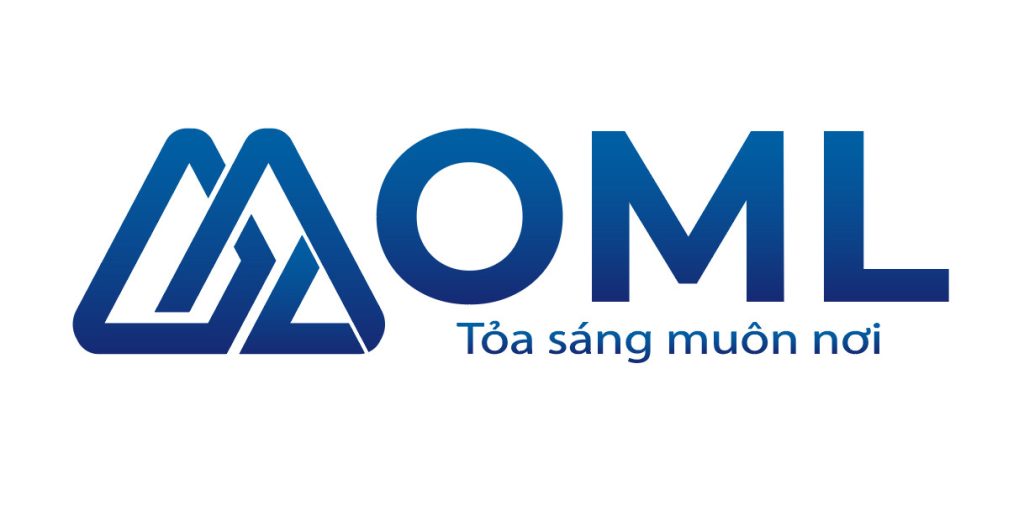Chưa được phân loại
Overcoming Addiction: A Personal Story of Recovery and Lucky Ace
The Allure of the Casino
I still remember my first visit to a casino like it was yesterday. The bright lights, the sound of clinking chips, and the hum of excitement in the air – it was intoxicating. I had just turned 21, and with my friends, we decided to try our luck at the slots. We played for hours, laughing and joking as we watched our https://luckyacegame.com/ bankrolls grow. Little did I know that this would be the start of a downward spiral into addiction.
The Rise of Problem Gambling
As I continued to frequent the casino, I began to notice changes in myself. I was spending more and more money, and yet I couldn’t seem to stop. I’d promise myself I’d quit after just one more win, but those wins were few and far between. The losses piled up, and with them, my sense of self-worth. I started to feel like a failure, unable to control my behavior. My relationships suffered, my finances tanked, and I became withdrawn.
Recognizing the Signs
Looking back, it’s clear that I had hit rock bottom. But how do you know when you’ve crossed the line from recreational gambler to problem gambler? The signs are subtle at first – spending more money than you can afford, lying about your losses, or using the casino as a way to cope with stress or emotions.
For me, it was the shame and guilt that accompanied each loss. I’d try to justify my behavior by telling myself "just one more spin," but deep down, I knew I was in trouble. If you’re wondering if you might be struggling with problem gambling, ask yourself:
- Do you spend more time thinking about the next game than the present moment?
- Have you lied to friends or family about your losses?
- Are you using money that’s meant for essential expenses – like rent or groceries – on the casino?
If you answered "yes" to any of these questions, it might be time to seek help.
The Turning Point
It was a particularly rough night at the casino. I’d lost hundreds of dollars, and I was feeling defeated. As I left the gaming floor, I caught sight of myself in a mirror – my eyes sunken, my skin pale, and my hair disheveled. That’s when it hit me: I didn’t want to be this person anymore.
I knew I needed help, but where do you turn when your addiction is a part of who you are? The first step was admitting defeat, which wasn’t easy. I’d built an identity around being the "lucky one," always winning big at the slots. But that persona was a facade – a desperate attempt to cling to a feeling of self-worth.
Support and Resources
Seeking help is never easy, but it’s the first step towards recovery. For problem gamblers, there are many resources available:
- National Problem Gambling Helpline: 1-800-522-4700
- Gamblers Anonymous (GA): A 12-step program with meetings worldwide
- Online forums and support groups
I reached out to GA and found a sponsor who’d been through similar struggles. Having someone to talk to, share experiences with, and hold accountable made all the difference.
The Road to Recovery
Recovery from problem gambling is not a linear process – it’s a journey with its own set of ups and downs. There will be moments when you want to give in, when the temptation to gamble feels too strong to resist. But there are also moments of triumph, when you celebrate small victories like avoiding the casino for a week or resisting the urge to play.
The key is finding healthy coping mechanisms – exercise, meditation, or creative pursuits – that fill the void left by gambling. For me, it was learning to accept my losses and channel that energy into more positive outlets.
Lucky Ace and the Power of Self-Discovery
As I reflect on my journey towards recovery, I realize that Lucky Ace wasn’t just a slot machine – it was a metaphor for life itself. The highs and lows, the wins and losses – they’re all part of our story. What matters is how we respond to them.
When you strip away the glamour of the casino, what’s left is a person struggling with their own demons. For me, recovery meant confronting those demons head-on – facing my fears, accepting my weaknesses, and finding strength in vulnerability.
If you’re reading this as someone struggling with problem gambling, know that you are not alone. There is hope for recovery, and it starts with one simple step: seeking help.
Conclusion
Recovery from problem gambling is a journey of self-discovery – one where we confront our weaknesses and find strength in our vulnerabilities. It’s okay to stumble along the way; what matters is that we keep moving forward.
As I write this, I’m filled with gratitude for that turning point moment when I realized I didn’t want to be the "lucky one" anymore. That realization sparked a journey towards recovery – one marked by ups and downs, but ultimately leading to a life free from the grip of addiction.
If you’re struggling with problem gambling or know someone who is, there’s help available. Reach out to GA, contact your local support group, or call the National Problem Gambling Helpline. You are not alone in this fight – and together, we can overcome the allure of the casino and find a brighter future ahead.
